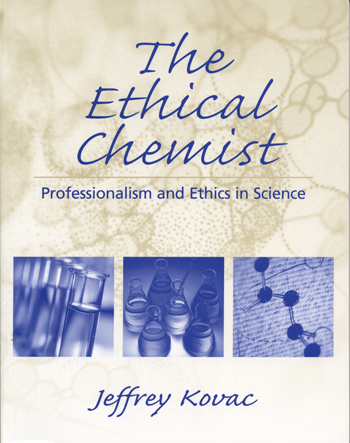The evening before the Free-Ride offspring went with their day-camp on a field trip to the Exploratorium:
Dr. Free-Ride: Do you want to look at the Exploratorium website tonight to get an idea what you might see on the field trip tomorrow?
Elder offspring: No.
Dr. Free-Ride: Why not?
Elder offspring: I think field trips are more fun when I don’t really remember the place we’re going. That way, it’s more of a surprise when we get there.
Dr. Free-Ride: Oh.
Younger offspring: The Exploratorium will be the most fun for me, because I’ve never been there so I can’t remember any of it!
Dr. Free-Ride: Hard to argue with that!
* * * * *
Author Archives: admin
Why does Medawar hate the scientific paper?
Following up on the earlier discussions of intentional unclarity and bad writing in scientific papers, I thought this might be a good opportunity to consider an oft-cited article on scientific papers, P.B. Medawar’s “Is the Scientific Paper Fraudulent?” [1] He answers that question in the affirmative only three paragraphs in:
The scientific paper in its orthodox form does embody a totally mistaken conception, even a travesty, of the nature of scientific thought.
Does thinking like a scientist lead to bad science writing?
In his book A Short Guide to Writing About Science [1], David Porush suggests that the mindset useful for doing science isn’t always the best mindset for communicating science. (It’s more than a suggestion, actually — the second chapter of the book is titled “Why Good Scientific Thinking Can Lead to Bad Science Writing.”) Since it’s connected to our prior discussion of ambiguous scientific writing, let’s have a look at Porush’s diagnosis of bad science writing and the ways he thinks it could be better.
OpenWetWare
Regular readers know I frequently suggest the community of science would be better off if its institutional contexts favored more collaboration and less competition. (I’m not the only one.) So I wanted to mention a project, OpenWetWare that’s trying to move biology in that direction.
Book review: The Ethical Chemist.

People sometimes worry that throwing ethics coursework at scientists-in-training is not such a great strategy for training them to be ethical scientists. (I’ve explored worries of this sort myself.)
For one thing, at many schools the existing coursework may be a fairly broad “moral issues” course aimed at understanding what it means to be a good person rather than a good scientist.* Or the ethics course on the books may have more to do with meta-ethics (the examination of various theoretical frameworks grounding claims about what is good and what is bad) rather than practical ethics. And if the instructor for the course comes from a non-science discipline (like philosophy or religious studies) and is teaching from texts from that discipline, there’s a good chance that the student will ask herself, “What does any of this have to do with being an ethical scientist?”
Chemist Jeffrey Kovac’s book The Ethical Chemist: Professionalism and Ethics in Science is a text that, for those charged with teaching ethics to chemistry students, aims to sidestep these worries.
Clarity and obfuscation in scientific papers.
Those of you who have ever brought a piece of scientific research to completion — a process which almost always includes publishing your results — have probably run into lists like this one that spell out the meanings of phrases commonly used in scientific papers. Included are such classics as:
Is it science envy, or science gluttony?
David Ng at the World’s Fair has some questions:
1. What’s your current scientific specialty?
2. Were you originally pursuing a different academic course? If so, what was it?
3. Do you happen to wish you were involved in another scientific field? If so, what one?
I’ll play:
Basic concepts: phase changes.
Some months ago I made a (seemingly idle) threat to follow up my basic concepts posts on polar and non-polar molecules and intermolecular forces with a post on phase changes. Finally it’s here!
Since the discussion here will be leaning on a number of the concepts discusses in the earlier posts, don’t be afraid to click back to them to re-read any of the parts that seem rusty.
Programming note.
I’ll be offline until Sunday evening (California time). This means comments you submit between now in then will dangle in the aether until I’m back online, but please don’t let that put you off from commenting if you have something to say.
Hope your weekend is a good one!
Friday Sprog Blogging: pest management.

Are our friends growing paper bags? (If so, could some clever grafting set them up so they could grow the lunches right in the bags?)
Probably not.
